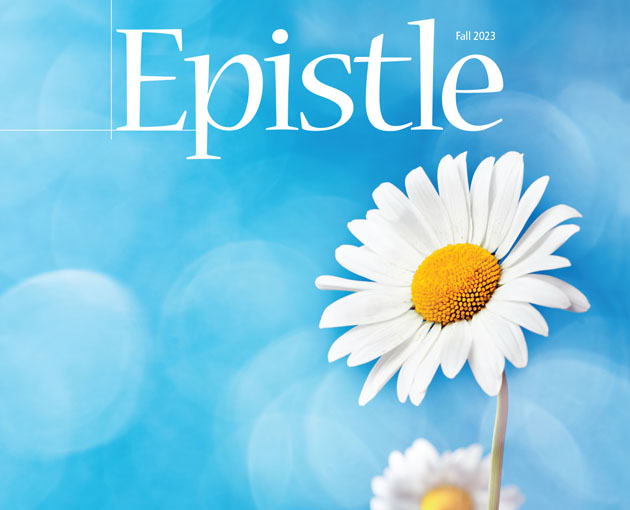Over the years, a principle has been expressed in various ways across multiple disciplines. Chris Voss, a former FBI hostage negotiator turned business leader and academic, writes, “When the pressure is on, you don’t rise to the occasion; you fall to your highest level of preparation.”¹ A professor from my time at Fuller Theological Seminary frequently quipped, “In the moment of crisis, you will not rise to the occasion; you will default to your training.”² And, in his book After You Believe, Anglican Bishop N.T. Wright illustrates this concept through the “miraculous” landing of US Airways Flight 1549, which struck a flock of Canada geese shortly after takeoff from LaGuardia Airport, forcing an emergency landing on the Hudson River. With seconds to make critical decisions and minutes to safely bring the plane down, Captain Chesley “Sully” Sullenberger saved the lives of everyone on board.
After years of training, hours logged in a flight simulator, and literally writing the book on flight safety, the accomplished pilot described his heroic feat as “second nature.” Bishop Wright observes, Ancient writers had a word for it: virtue…Virtue, in this strict sense, is what happens when someone has made a thousand small choices, requiring effort and concentration, to do something which is good and right but which doesn’t “come naturally”—and then… when it really matters, they find that they do what’s required “automatically.”³
What we do automatically, as though it were “second nature,” has been classically deemed virtue. Christians are invited to embark on a lifelong quest of virtue development. By the power of the Spirit, we make a thousand small choices requiring our focus and discipline. Over time, that which was once difficult becomes “second nature.” We trade our sinful nature for the dazzling, radiant Spiritual Nature (think, Fruit of the Spirit).
When the pressure is on, in the moment of crisis, which nature is revealed in you? Do you respond with what comes naturally and fall into the sinful nature? Or has the Spirit worked in you so deeply that you have developed a virtuous, second nature? This edition of the Epistle will explore a life of Biblical virtue. As you read, ponder, and meditate upon it, our prayer is that you will become more like Jesus: virtuous!
by Pastor Brad Rogers
¹ Chris Voss, Never Split the Difference: Negotiating As If Your Life Depended On It (New York: Harper Collins Publishers, 2016).
² Tod Bolsinger, Canoeing the Mountains: Christian Leadership in Uncharted Territory (Downers Grove: InterVarsity Press, 2015).
³ N.T. Wright, After You Believe: Why Christian Character Matters (New York: Harper Collins Publishers, 2010).





